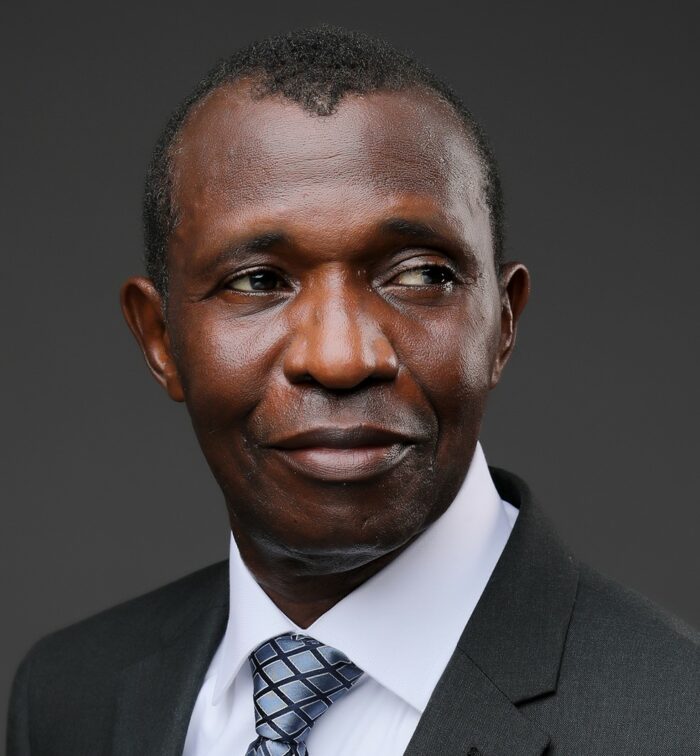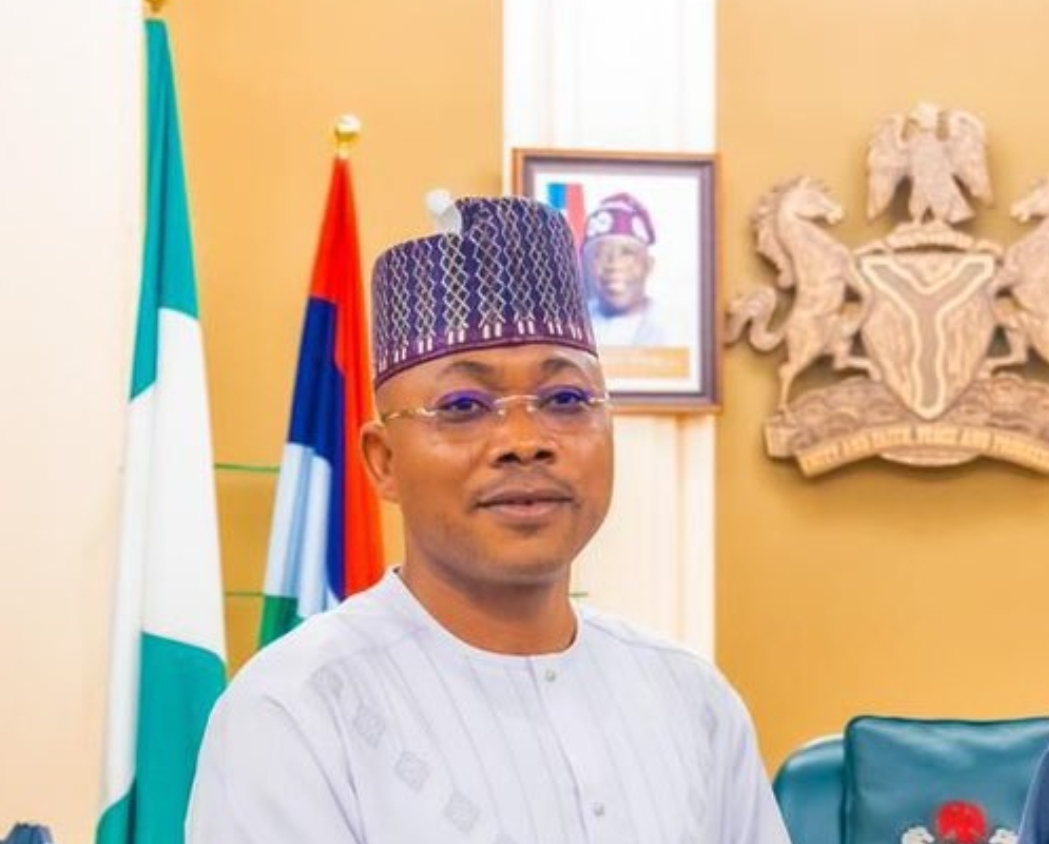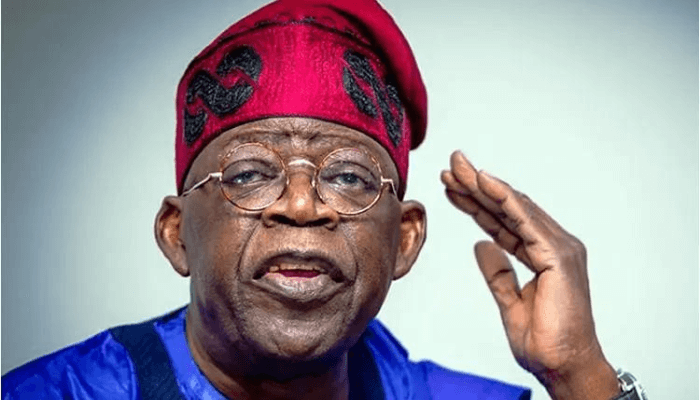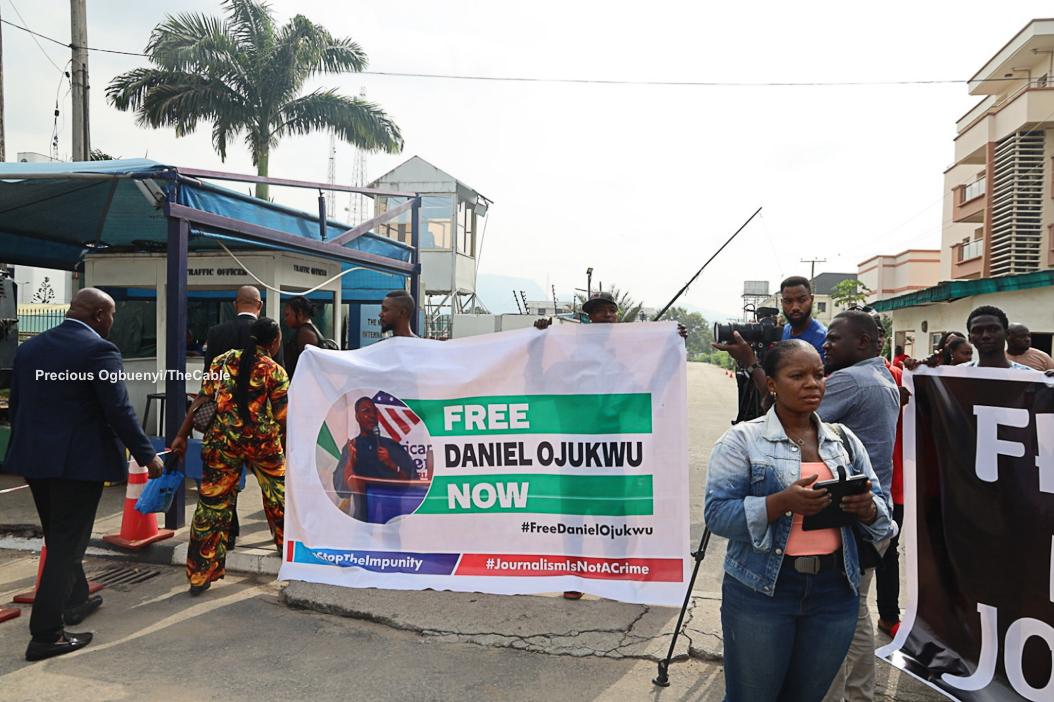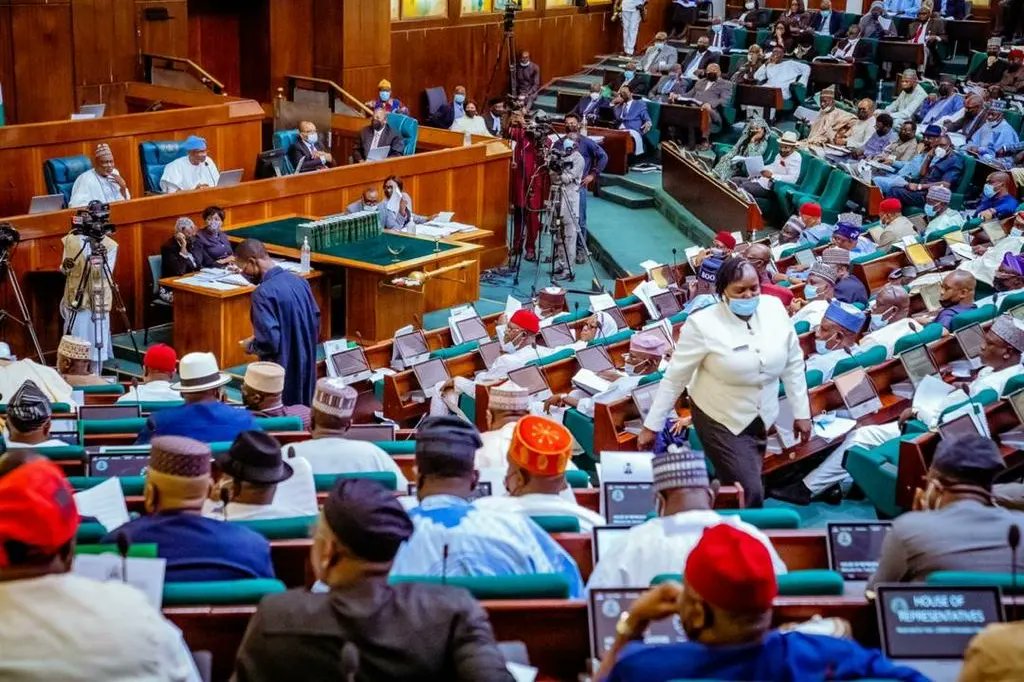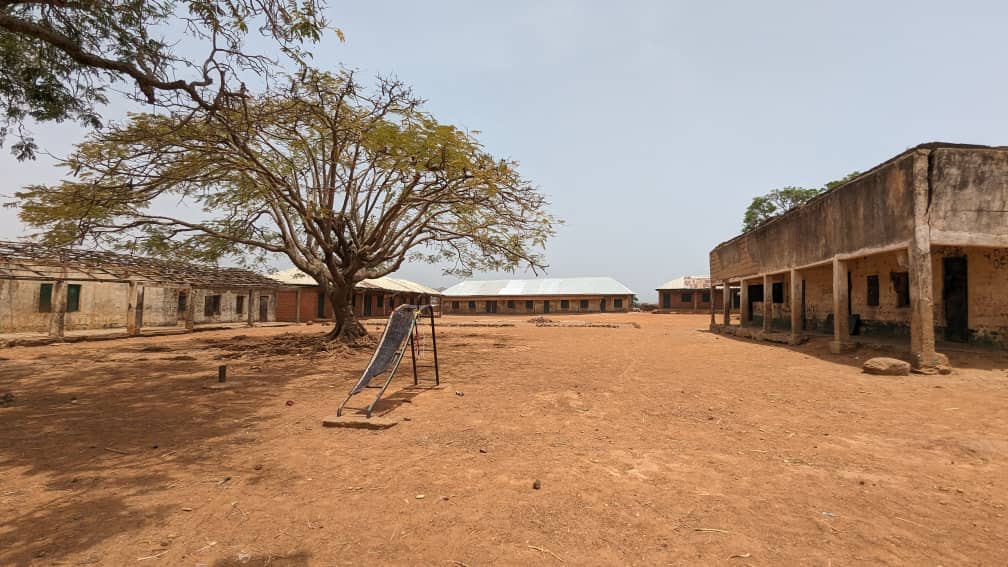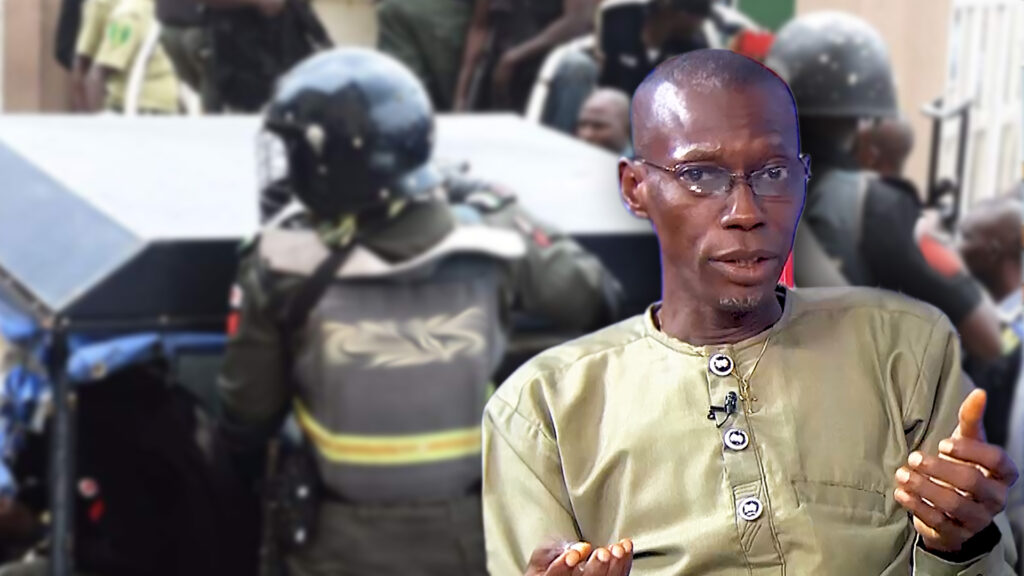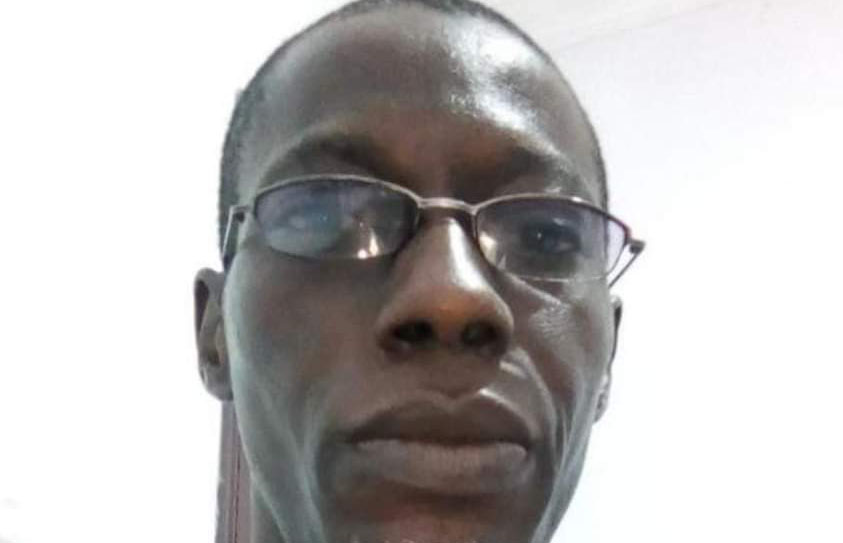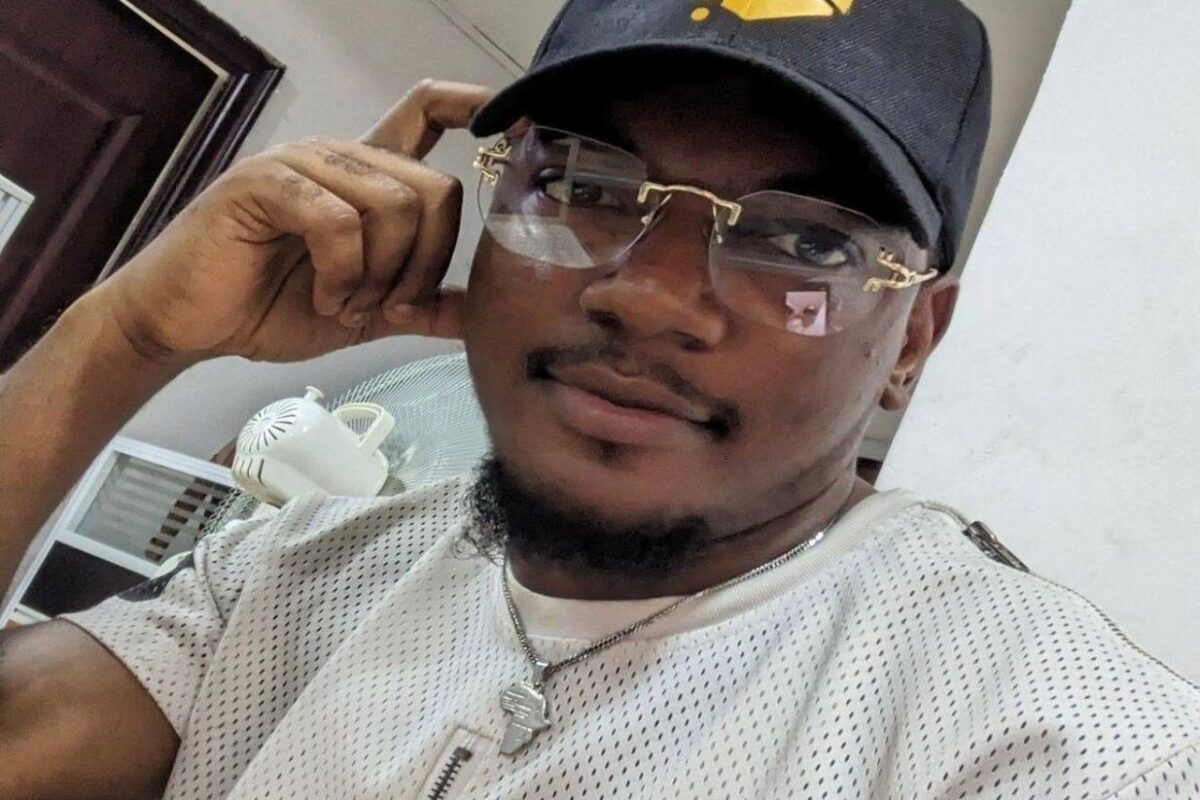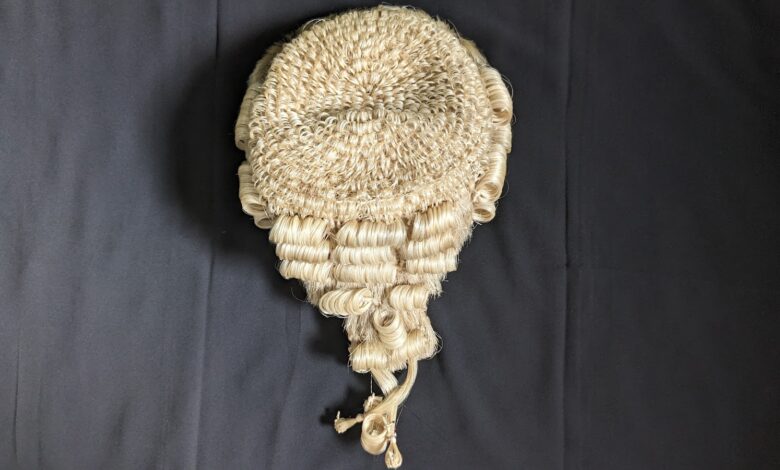Contrary to popular belief, the real losers of the 2023 Nigeria general election were not the electorate who were deprived of their right to vote for candidates of their choice, nor were they first-time voters who were disappointed by the Nigerian state, or the candidates who lost or won as declared by the Independent National Electoral Commission (INEC).
The biggest losers are President Muhammadu Buhari, Mahmood Yakubu, INEC chairman, Bola Ahmed Tinubu, the president-elect, and Nigeria as a political entity.
READ ALSO: One Day After, INEC Uploads 78% of Rivers Gov Election Results
Except for Tinubu, who carries the burden of legitimacy arising from a flawed process and the total number of miniature votes garnered, the others will live with the scar and collective guilt slammed on the country by the ethical deficit in the delivery process of the elections.
With general disenchantment over the conduct of the 2023 Nigerian general elections expressed by over 145,000 national and foreign observers deployed across the country, INEC failed to leave a decisive opinion on its capacity to conduct free, fair, and credible elections, a development that will haunt Yakubu, Buhari, and Nigeria for a long time to come.
The exercise was not only a horrendous phenomenon on the psyche of Nigerians but a fleeting nightmare.
A consensus negative opinion on the flawed elections by the European Union, African Union, Economic Community of West African States (ECOWAS), Commonwealth, the International Republican Institute (IRI) and National Democratic Institute (NDI)’s Joint Election Observation Mission (IEOM), four former African Presidents, and the Transition Monitoring Group (TMG) is an affirmation of the global scepticism around Nigeria’s reputation. They all concluded that the electoral process lacked transparency, which encouraged manipulations and undermined voters’ confidence.
READ ALSO: ‘INEC Lacked Transparency’ — EU Reacts to Nigeria’s Presidential Election
This trust deficit was also highlighted by Chatham House, which declared that INEC had learned nothing from its past failures.
Specifically, it said, “The INEC’s performance and controversies over these results mean that the electoral reforms and lessons declared to have been learned were not fully applied, and as an electoral body, it was significantly less prepared than it claimed.”
As a consequence of these opinions, President Buhari may have missed the opportunity to etch his name in gold as a honourable leader. He failed to optimally use his office as Commander-in-Chief of the Armed Forces to effectively deploy the police, army, DSS, and other security agencies to protect voters during the elections.
Nigerians were mortified by horrendous images of election violations, and no rationalisation could justify such criminal acts. An election where about 27 people were killed nationwide over violence, ballot snatching, thuggery, voter suppression, ethnic bigotry, and the use of tribal gods and deities, even in the presence of security operatives in some instances, can only be a national shame.
Besides, whatever was left of Buhari’s legacy was further weakened by the naira redesign and currency swap policy, which brought untold hardship to citizens during the election period. Even if the intention of the policy was to eliminate monetary inducement and vote buying, unfortunately, Buhari and the Central Bank Governor, Godwin Emefiele, were outwitted by politicians through the use of extra-constitutional and procedural means to contrive and achieve sinister objectives.
For Yakubu, there might be no second opportunity to redeem his character. With a budget of over N305 billion and other sundry support, he had no reasons to have failed. Yakubu gave assurances in both local and international events, including Chatham House, of his commission’s preparedness, pledging that with the use of technology, including Bimodal Voter Accreditation System (BVAS), results would be transmitted in real-time to the INEC Result Viewing (IReV) portal.
These assertions receded into irrelevance when INEC failed to comply with the Electoral Act and its own guidelines. The Electoral Act of 2022 required INEC to upload the elections of polling units in its portal as stipulated in Section 60(5) and Clause 38 of the INEC Regulations and Guidelines.
Specifically, Clause 38 of the INEC Regulations and Guidelines for the Conduct of Elections, 2022, stated,
“Upon completion of all the Polling Unit voting and results procedures, the Presiding Officer shall:
“(i) Electronically transmit or transfer the result of the Polling Unit, direct to the collation system as prescribed by the commission.
“(ii) Use BVAS to upload a scan of EC8A to INEC Result Viewing Portal (IReV), as prescribed by the commission.
“(iii) Take the BVAS and the original copy of each of the forms in tamper-evident envelope to the Registration Area/Ward Collation Officer, in the company of security agents. The polling agents may accompany the Presiding Officer to the RA/Ward Collation Centre.”
With the non-compliance and deviation from these regulatory provisions, INEC opened the electoral process to manipulations, resulting in a lack of justice and fulfilment for voters.
These violations have exposed existential gaps in the capacity of Yakubu to deliver on a significant national assignment. This might cast aspersion on his reputation and capabilities. Indeed, this election was a minus for his profile, as no government or any serious organisation may want to bequeath him with such responsibilities in the future.
The President-elect, Bola Tinubu, is, unfortunately, a product of INEC’s flawed process, and this has triggered a legitimacy challenge that is further fueled by the lean number of votes he secured at the election, relative to total votes cast. Tinubu polled 8.87 million, the least of any presidential candidate since 1999, representing 36.61 per cent of the total votes and 10.08 per cent of all eligible voters.
READ ALSO: OPINION: What to Expect of the Incoming BAT Administration
Out of approximately 93 million registered voters, only about 25 million, representing 28.63 per cent, actually turned out to vote.
Implicitly, Tinubu was elected by minority voters when viewed against the 25 million persons that voted and in a country of over 200 million people.
Furthermore, the scepticism resulting from INEC’s multiple irregularities was unhelpful to his presidency. Perhaps this accounts for the absence of national pomp and celebration that would have heralded his victory.
Without prejudice to what the outcome of the current litigation will be, going forward, Tinubu should activate his social capital to open up channels to influential groups and personalities in the country, including his political rivals, aimed at legitimising his presidency and achieving unity through the formation of an all-inclusive government.
INEC’s performance has also rubbed off on Nigeria’s image as a corrupt country. The perception of the international community about Nigeria as a corrupt country might have worsened on account of foreign observers’ opinions over the lack of transparency and operational failures that characterised INEC’s performance.
READ ALSO: REPORT: Nigerian Passport Is the Weakest in West Africa
In the 2022 Transparency International (TI) Corruption Perception Index (CPI), Nigeria was ranked 150 out of 180 countries and also placed as the second most corrupt country in West Africa. INEC’s performance further confirmed Nigeria as a corrupt country and deepened global negative impressions.
Nigeria lost the opportunity to demonstrate before the world its preparedness to be a leading force in Africa and world affairs, using the elections as a springboard to exhibit its leadership potential and capacity. Hopes for these attainments have, however, been frustrated and shattered by INEC.
The conduct of free, fair, and credible elections could have been used as a public relations tool to strengthen the country’s image. This would have left foreign observers rattled as to Nigeria’s new values and ethical orientation.
It was an event Nigeria could have used to shore up its dwindling reputation. It is more effective than the image-laundering programmes where huge amounts of money in foreign currencies are budgeted for public relations and reputation management. With a good image, Nigerians would enjoy restored dignity and respect, and discrimination at border posts in foreign countries would be significantly reduced.
This experience should serve as a lesson on the need to be transparent in the conduct of future elections. Former American President Jimmy Carter, who was in Nigeria in the past to observe elections, vowed never to observe elections in Nigeria again after his ugly experience of brazen violations of the electoral process. He was upset with the impunity with which politicians used thuggery to deprive the electorate of freely voting for candidates of their choice.
It is hoped that Nigeria will not allow a repeat of this ugly experience. It is time to make political offices unattractive to discourage desperation, which is the underpinning motive for all these electoral atrocities. The electoral body should be reformed and repositioned with people of integrity as drivers aimed at restoring electoral integrity.
Dr. Mike Owhoko is a Lagos-based journalist and author. He can be reached at www.mikeowhoko.com.
Subscribe
Be the first to receive special investigative reports and features in your inbox.


